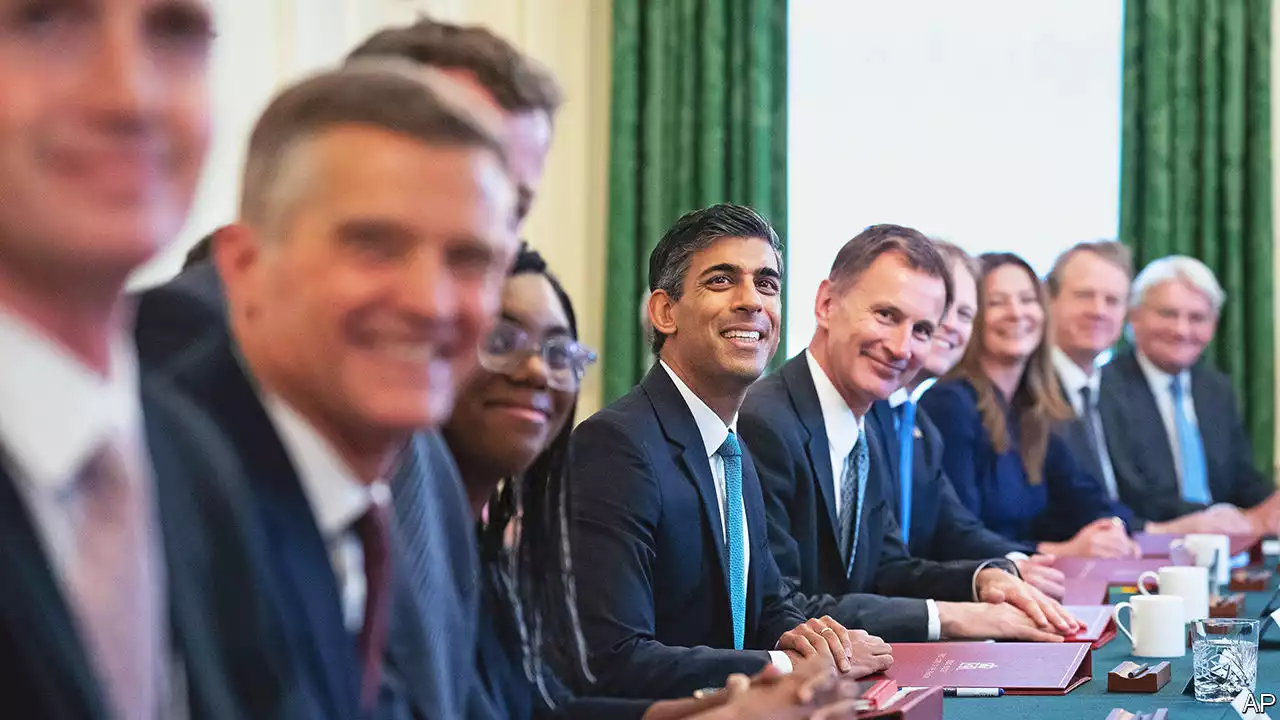After what happened to his predecessors, that is little surprise
Save time by listening to our audio articles as you multitaskInstead Mr Sunak’s twofold task is to repair Britain’s public finances and to patch up Britons’ broken trust in the Conservative Party. His first address to the country from Downing Street was elegant but modest: shorn of ideological flair and fine rhetoric, short-termist in its goals and defensive in its posture. No longer does the government have a grand plan to remake Britain. Its own survival will be a victory of sorts.
The aim is to bring nous and stability, says Mr Sunak’s office. No bad thing, perhaps, after the merry-go-round of ministers this year . But it is a defensive move by a young prime minister whose party has become nigh-on ungovernable. It may also backfire. But Mr Sunak’s greatest vulnerability lies in the fact that he is one of the winners from globalisation at a time when his party, and the country, have become much more animated by the fate of its losers.
Ms Truss’s downfall came about in part because she failed to account for the shallowness of her support within the party. Her dash for growth was unpopular among Conservatives representing seats in suburban and rural England. Mr Sunak will make no such mistake. Her plan to permit onshore shale-gas extraction has already been ditched, along with much of her supply-side agenda.
